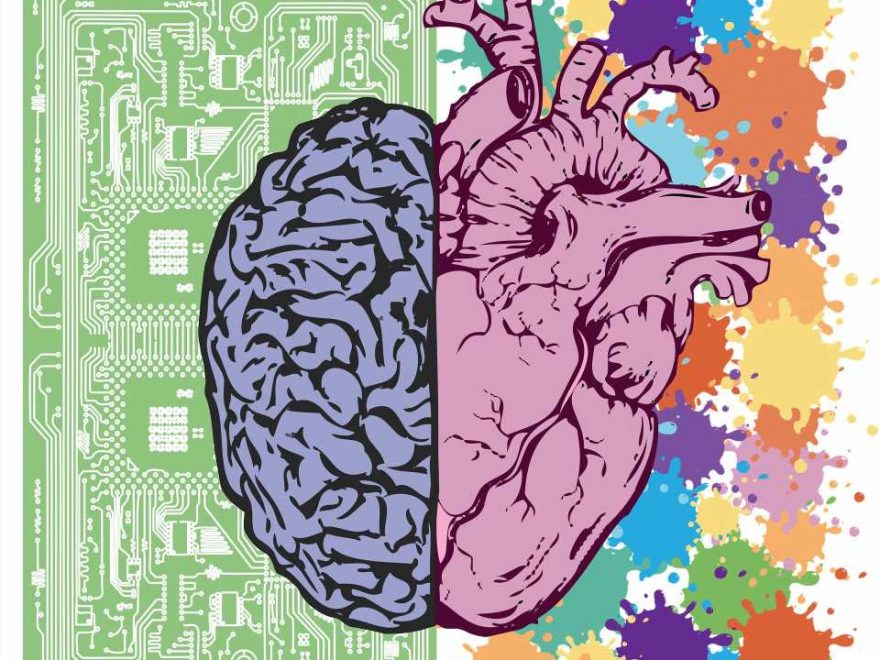
DEAR MAYO CLINIC: I am 42 and recently was diagnosed with diabetes. My doctor said I could manage the condition with diet and exercise for now but suggested I follow up with a cardiologist. As far as I know, my heart is fine. What is the connection between diabetes and heart health?
ANSWER: The number of people worldwide with diabetes is rising. While many may not realize it, having diabetes comes with a higher risk for heart disease.
Research has shown that people with Type 2 diabetes are up to four times more likely than the general population to die from cardiovascular causes. The fact that your health care professional recognizes the connection between these chronic, serious conditions is valuable. You can proactively take steps to reduce your future heart disease risk rather than only managing blood sugar levels.
Although you say that you do not have heart disease today, diabetes can damage blood vessels and make the heart muscle stiffer. This eventually leads to problems with fluid retention and heart failure.
People with diabetes also have higher risk of premature, accelerated coronary artery disease. This means that compared to those patients who do not have diabetes, the walls of the arteries have more fatty deposits and begin to harden earlier and without many warnings, making treatment difficult and causing the condition to progress faster. Subsequently, people with diabetes have an increased risk of recurrent heart attacks and scarring of the heart muscle, which increases the risk of sudden cardiac death.
After a heart attack, the heart muscle does not heal as well as in people who do not have diabetes. Also, the risk of complications, such as developing heart failure, is significantly higher.
Due to nerve damage caused by diabetes, patients may not feel the chest pain or other types of chest discomfort that may signal something is wrong with the heart, so heart disease may not be detected until it is advanced and fewer treatment options are available. They also may suffer “silent heart attacks” because of the lack of warning signs. They may not know that they already have an advanced stage of the disease.
Heart disease and diabetes share similarities beyond their potential complications. Both typically require taking medication to achieve and maintain optimal control. Medical treatment regimens, particularly over the years, can become complex with the use of multiple medications.
Ongoing research also shows strong evidence that weight loss can reverse diabetes in some patients and that lowering blood pressure with drugs known as angiotensin-converting enzyme (or ACE) inhibitors and angiotensin II receptor blockers can reduce the risk of developing diabetes and its complications. This is particularly important in those patients with diabetes who have other medical problems and those who have already developed complications of diabetes. Choosing the most appropriate treatment options can reduce side effects of therapies and improve compliance.
Positive lifestyle changes, such as quitting smoking, losing weight, exercising more, following a healthier diet and controlling blood pressure all can contribute to better diabetes control and heart health. Studies have shown that by achieving good control of these cardiovascular risk factors, people not only significantly improve quality of life, but most importantly prolong their lives by an average of eight years.
Fortunately, the recommendations for self-management behaviors generally align for the two conditions. This can make teaching self-care skills a bit easier for clinicians managing both diseases. However, controlling both conditions requires significant effort by the patient and the health care team.
The recent development of cardiac imaging techniques, such as advanced echocardiography, cardiac CT and cardiac MRI, brings hope that medical professionals will be able to detect diabetic heart disease earlier and prevent its serious consequences. Thanks to those innovative imaging techniques, it’s understood that heart disease in people with diabetes progresses rapidly if not managed with well-established preventive treatments.
Ongoing research is using advanced medical imaging to study why the hearts of people with diabetes suffer more extensive injury after heart attacks and why those with diabetes develop heart failure more often than people with normal glucose control. As everyone responds to medication differently, work is underway at Mayo Clinic to review large sets of data and artificial intelligence to identify people with diabetes who may respond better to certain treatments. The goal is to offer people with diabetes personalized therapeutic plans to manage their heart health risk.
Heart disease and diabetes are chronic conditions that in most cases cannot be cured, but thanks to new therapeutic options, your risk of developing heart problems may be reduced. With proper guidance and management from your diabetes care team and heart health experts, you can go on to have a productive and more healthy quality of life.
Source: Read Full Article
